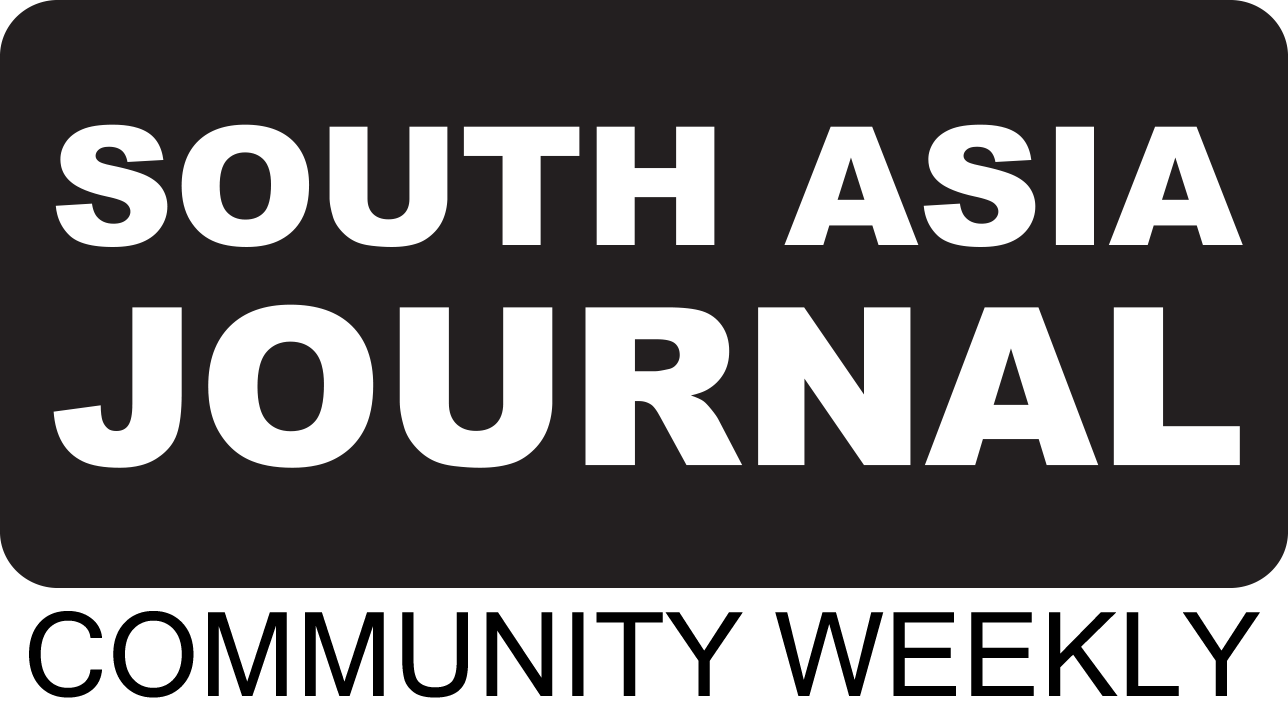The United Nations is concerned about the deterioration of the human rights situation in Bangladesh
Logan D Suza

The United Nations Human Rights Council (HRC) has expressed deep concern over the deteriorating human rights situation in Bangladesh. In addition, the agency’s experts called for the adoption of the Human Rights Council’s review of the situation.
In a press release published on the HRC website on Tuesday (14 November), experts expressed their concern about the human rights situation in Bangladesh.
In a statement issued after the Human Rights Council completed its periodic review of the human rights situation in Bangladesh, UN experts said that workers demanding fair wages are being severely repressed.
At the same time, all political activists, journalists, human rights activists and civil society leaders are being judicially harassed for demanding free and fair elections. In addition, the failure to reform laws that suppress freedom of expression in Bangladesh is a matter of serious concern.
As Bangladesh moves towards national elections in early 2024, we are facing a sharp increase in political violence, arrests of senior opposition leaders, arbitrary detention of thousands of political activists, excessive use of force by authorities and internet shutdowns to disrupt protests, experts said. deeply concerned. Apart from this, allegations of harassment, intimidation and illegal detention of family members as a retaliatory measure have also come forward.
HRC mentioned in the press release that there is a threat to the freedom of media in Bangladesh. It expressed concern that in the last few years there has been widespread self-censorship in the press due to attacks, surveillance, intimidation and judicial harassment of the media and media workers.
The UN Human Rights Council (HRC) has also expressed concern about the use of the judiciary as a weapon against journalists, human rights activists and civil society leaders. The organization’s experts said, “Such cases of using the judiciary as a weapon undermine the independence of the judiciary and at the same time undermine basic human rights.”
As an example of judicial harassment in Bangladesh, human rights experts of the UN Council have highlighted the case of investigative journalist Rozina Islam. They say his work has been undermined by two years of investigations, repeated hearings and travel bans. But still the prosecution could not present any evidence against Rozina Islam.
In addition, last September, the Nobel Peace Prize winning economist Dr. Muhammad Yunus, Adilur Rahman Khan and Naseeruddin Elan of human rights organization Odhikar were harassed. They had to go to court repeatedly and were sentenced. They still have to continue the legal battle. Adhikar was also barred from renewing his registration last year.
Experts say, when the Nobel laureate. When civil society leaders like Muhammad Yunus or human rights activists like Adilur Rahman Khan or Naseeruddin Elan are accused or convicted, it sends a message to all journalists and human rights activists. And that is – no matter how prominent a person may be, dissent or criticism can be punished.
According to the experts, more than 5,600 freedom of expression cases against many people, including prominent journalists and editors, are still pending under the much-criticized draconian Digital Services Act.




